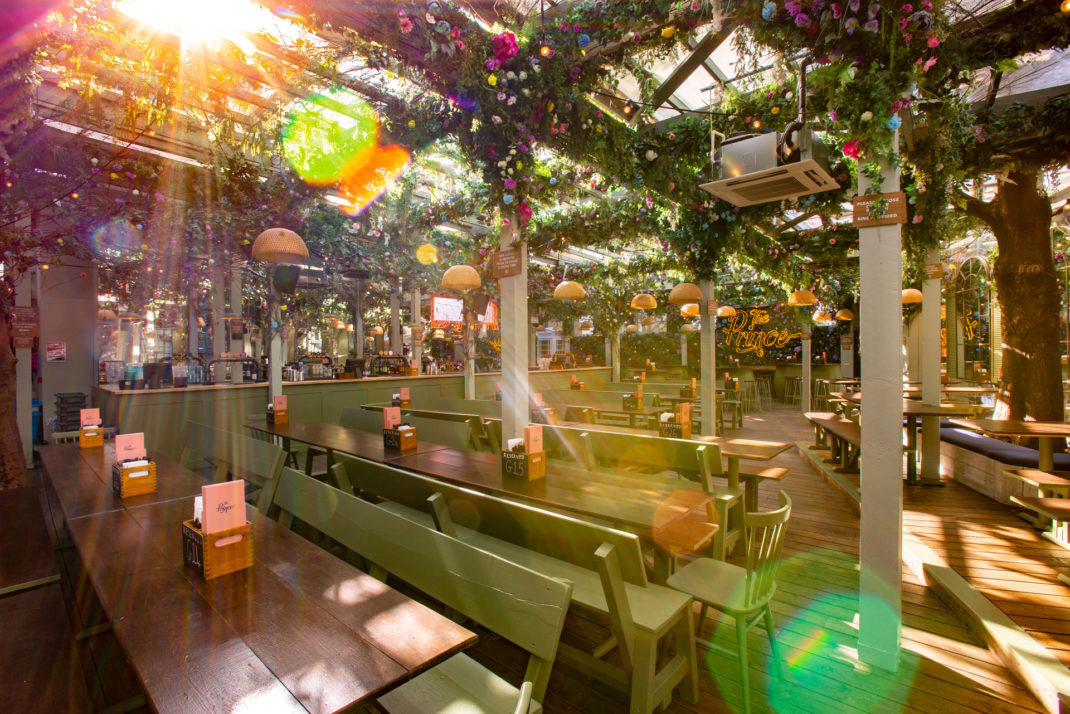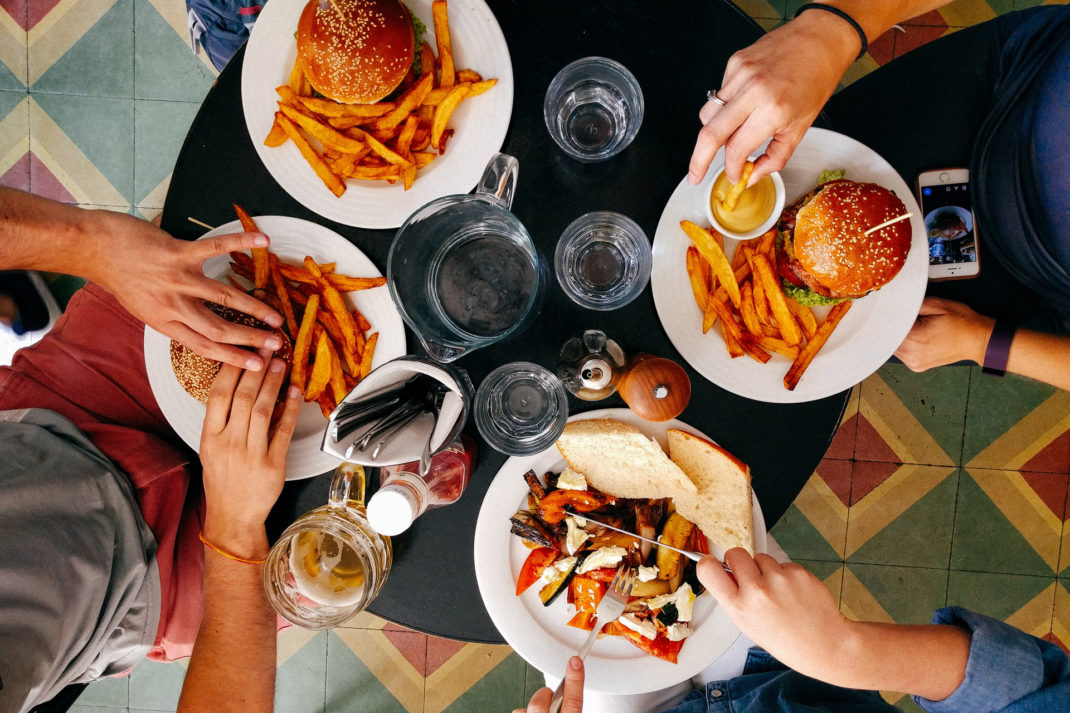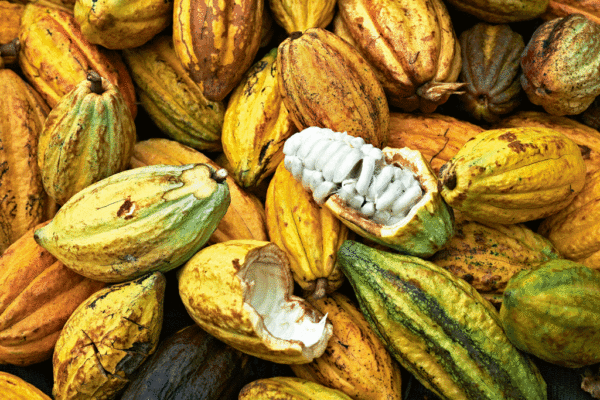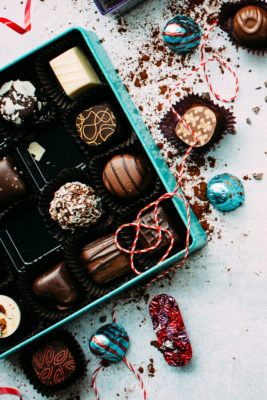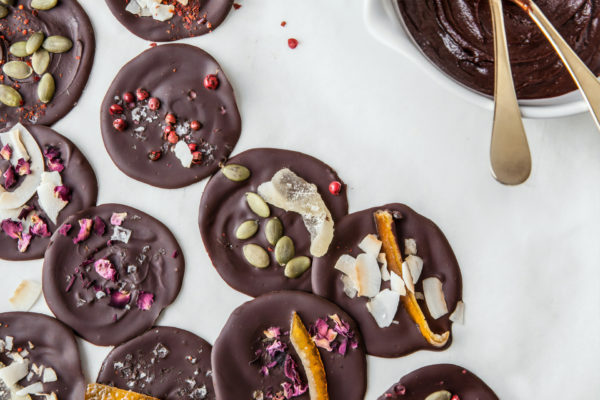Inside Craft Chocolate Company Cocoa Runners
By
9 months ago
This World Chocolate Day, we delve into the world of craft chocolate
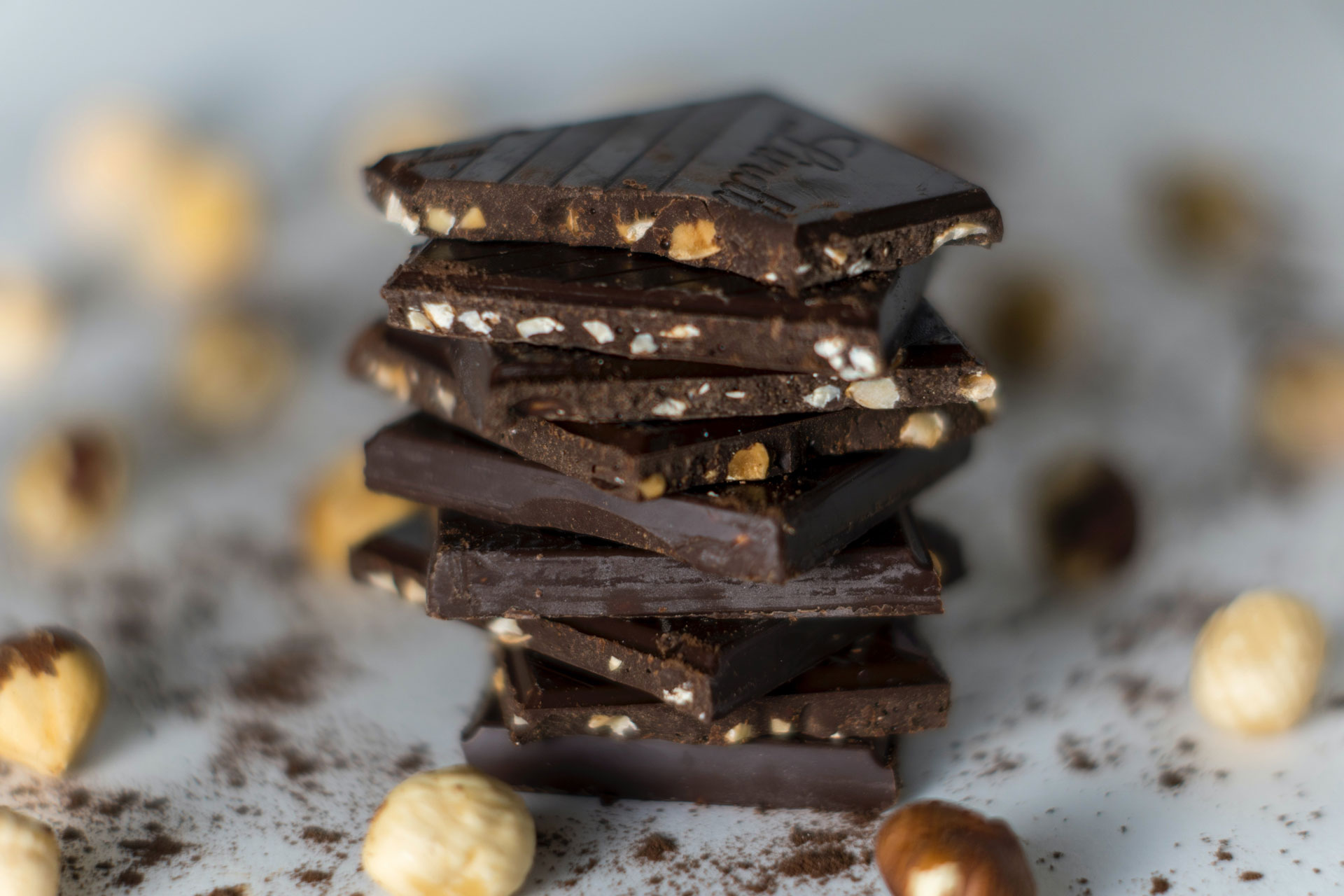
Spencer Hyman co-founded craft chocolate business Cocoa Runners over a decade ago. The idea came after he noticed that there were all these wonderful makers who were doing something completely different with cocoa beans, creating amazing bars full of flavour, which not only tasted better, but were better for you.
He spent years leading various operations across the retail, technology and startup industries, but now his focus is on saving, and savouring, the world through craft chocolate. Cocoa Runners is on a mission to highlight the work of its selected makers and growers, so people can make conscious choices when choosing their chocolate. To tie in with World Chocolate Day on 7 July, Jenny Jefferies caught up with Spencer to hear more.
Interview with Cocoa Runners’ Founder Spencer Hyman
What is Cocoa Runners all about?
Cocoa Runners is on a mission to highlight the work of our selected makers and growers, so people can savour flavour and make conscious choices to discover the impact of cocoa. It’s apparently a bit like listening to a great DJ on the radio; what we’re trying to do is introduce you to different chocolates that otherwise you just might not know about. And we also, since COVID, have been doing lots and lots of virtual tastings. One of the things that we discovered is that flavour is a bit like a language. Once you can explain to people a little bit more about what’s going on, you can just get so much more out of it. We do that through a monthly delivery service where you get four different bars of chocolate sent to you every month from all over the world, from Warsaw to Woodstock, from San Francisco to Saigon. So from farm to bar, chocolate has a significant impression on people and the planet. Every maker represented in the Cocoa Runner’s collection is sourced and selected because their chocolate not only tastes great, but they go beyond.
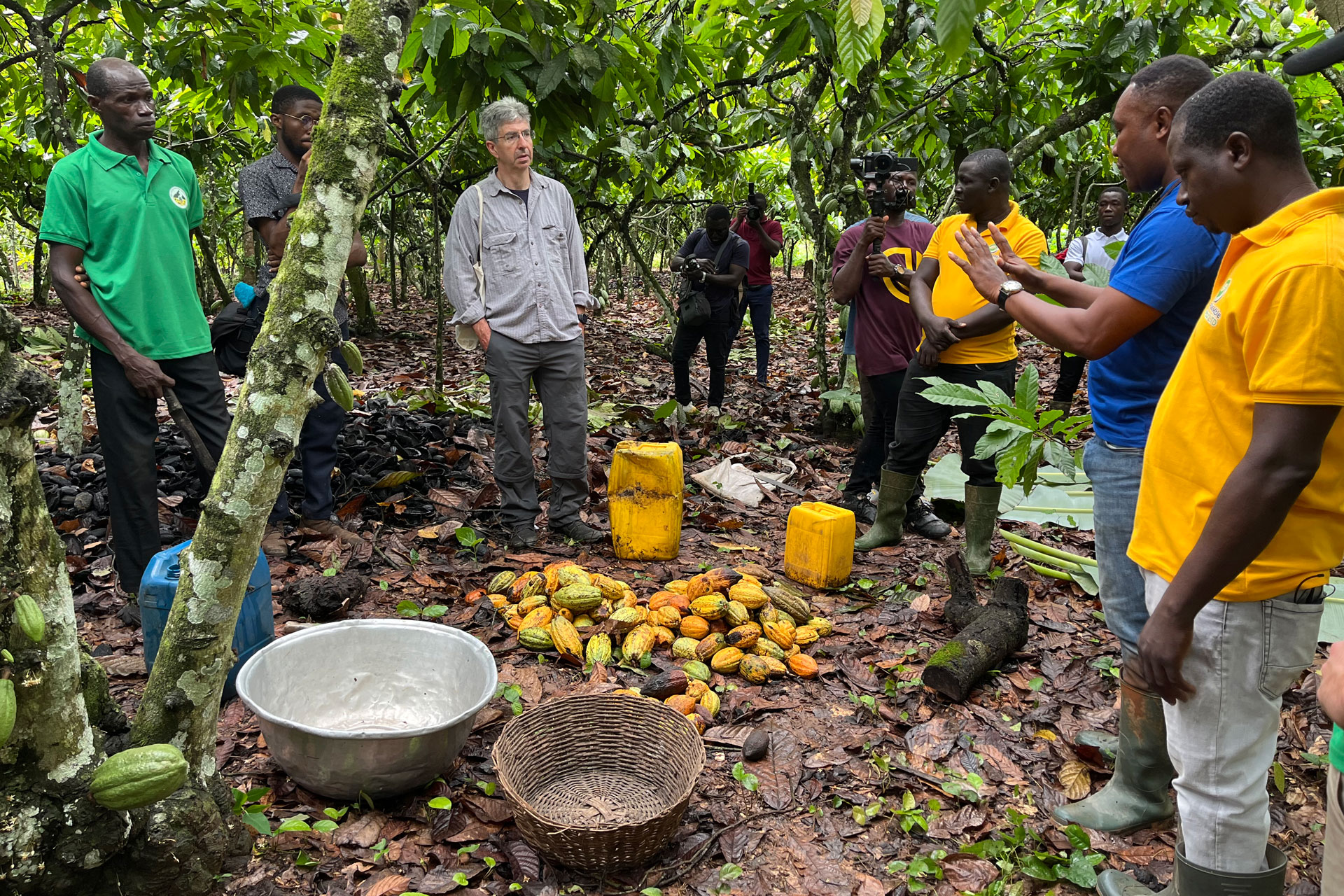
Why is food provenance so valuable?
Bizarrely, most people who buy chocolate don’t realise that the chocolate they’re purchasing is not made by people who buy beans and then craft them into amazing flavours of chocolate. They are buying what’s called Couberture, which is sort of like a ready meal or ready mix of chocolate and are just adding stuff to it. It’s very different to what craft chocolate is. Chocolate is all about working directly with farmers to find the very best beans and to bring out the flavour. But it’s not just important from a flavour angle, because also what you have to remember is that 70 percent of the world’s cacao comes from two countries, Côte d ‘Ivoire and Ghana. Farmers in those countries get paid literally less than a dollar a day for a male, 70 cents a day and for a female, 25 to 30 cents a day, and they need a couple of dollars a day, minimum, to live on.
From the ethical standpoint, it’s very important that you treat the farmers properly. Craft chocolate is all about working long term, forming transparent relationships with farmers, dealing with them directly, giving them long term contracts, and paying them a lot more than they would get for commodity cacao. Part of this is self -interest because that’s the way you get the best flavour in the chocolate. But also it’s very much driven by the fact that this is a way to help the farmers and help the planet.
I love how Cocoa Runners collaborates with the farmers to make it an equal and fair partnership. How do you select your farmers and cooperatives?
We work directly with makers and farmers; it’s a sort of dream job in many ways because every week we get sent loads of new bars by existing makers and by new makers who we’ve discovered. We then quiz them as to how they’ve crafted their chocolates and where they got them from and we also work directly with a bunch of different farmers and different cooperatives who we know very well. For example, Madagascar is one of the great big farmers out there, and one of the great inventors of craft chocolate is Bertil Akerson who also has his own range of chocolates. We meet with him regularly and we ask him about who the new makers are. Tanzania has a great company called Coco Camile run by Simran. Similarly, if you take something like Uganda, there’s a wonderful company that is run by Jeff Steinberg called Coco. Next week, I’m actually off to Ghana to go and see a great new farmer. We don’t sell a bar unless we know where the beans have come from; we have to know how it’s been crafted, be certain about what the ingredients are and not full of junk ultra-processed stuff, but above all that it tastes great.
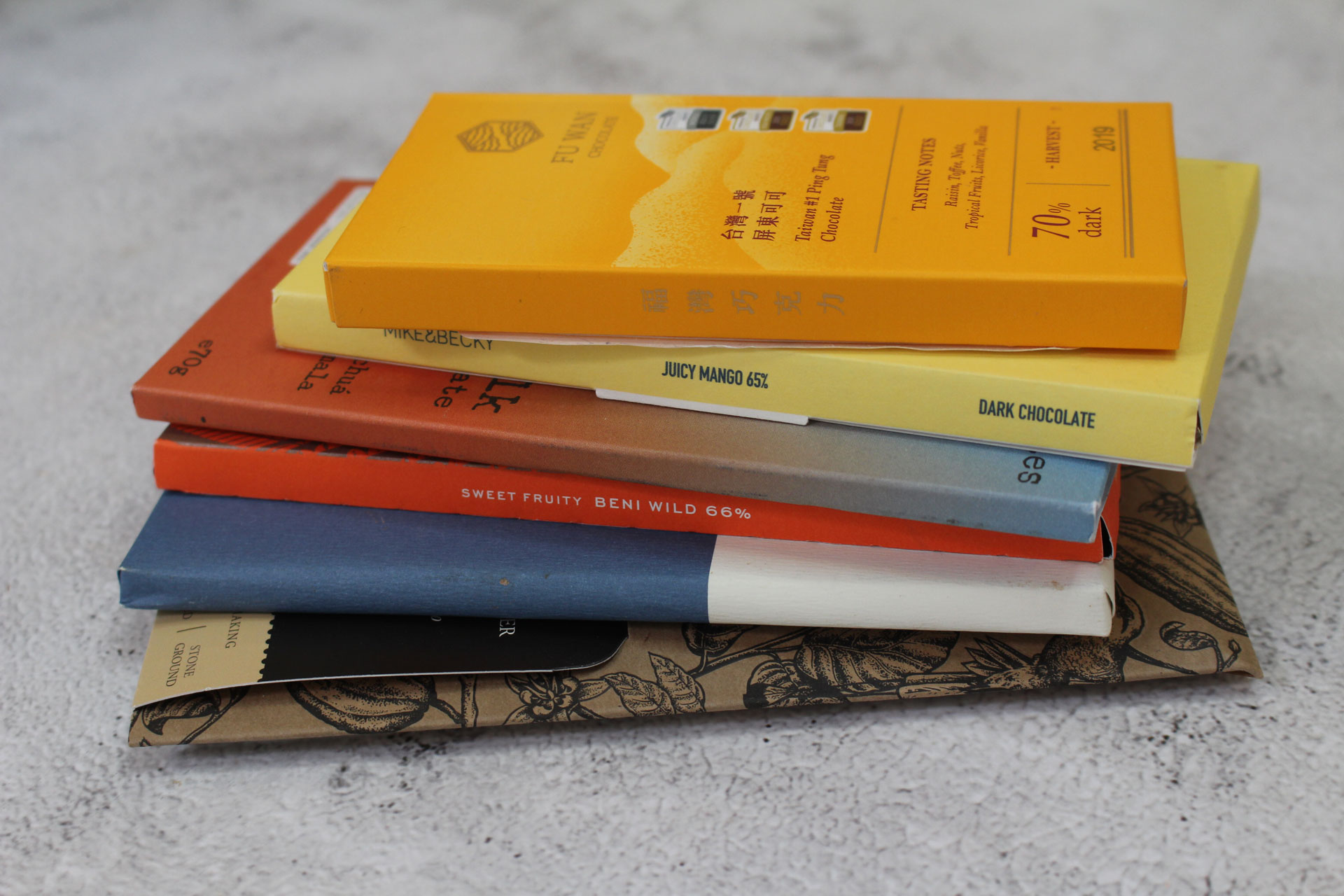
And you can pair the chocolate with wine and coffee…
You go on a journey, and one of the great things about going on this journey is that you can compare and contrast. For example with coffee, wine or tea, and any other product where there is this complexity and nuances of flavour, actually comparing and contrasting them works brilliantly because whereas with colour, when you look at a rainbow, you know you can identify them all.
Flavour doesn’t quite work in that way, and actually one of the easiest ways to identify flavours is to compare and contrast and actually often, for example, red wines have got lots of tannins and dark chocolates have got lots of tannins too so they work quite well together. By contrast, it’s actually quite difficult to often pair a white wine with a chocolate because they just clash a little bit. That’s interesting in itself but if you want a harmonious pairing ,what’s quite fun is to take something like an orange wine which to all intents and purposes is quite similar to white wine, but it’s got some tannins because of the great contact. And then you compare it beautifully, for example, with a dark milk chocolate. We have a lovely orange wine from Chile, Buonaranno, Montserrat, and it pairs brilliantly with a chocolate made in New Zealand, which is a dark milk chocolate made by Hogarth, and which has got some buttered toast encrusted in it. You can also take Palm Street’s rye bread (that’s one of Tim Spector’s great favourites) and have that with orange wine. So we’re learning about the complexities of the drinks and the food, seeing what works and seeing what doesn’t. Chocolate and wine is a great way of comparing not just the flavours, taste, but also the mouthfeel, and in particular, this wonderful stringency, that drying sensation of how you can pull that off and then bring out other parents.
What is your favourite chocolate recipe?
One recipe that I love to do is actually what’s sort of called the two ingredient mousse. There’s a great molecular gastronomist called Herbédice, who basically discovered it. You can just literally add water to melted chocolate and create an amazing chocolate ganache. To me, this is fascinating because you bring out completely different flavours that you get in the bar that you’re making that from.
Also, I think that s’mores are extraordinary; chocolate digestives with a bit of chocolate melted on top of them are brilliant. And if you get some craft chocolate and you get a good digestive, that to me is just bliss, along with a campfire and watching the sun go down.
Find out more at cocoarunners.com

